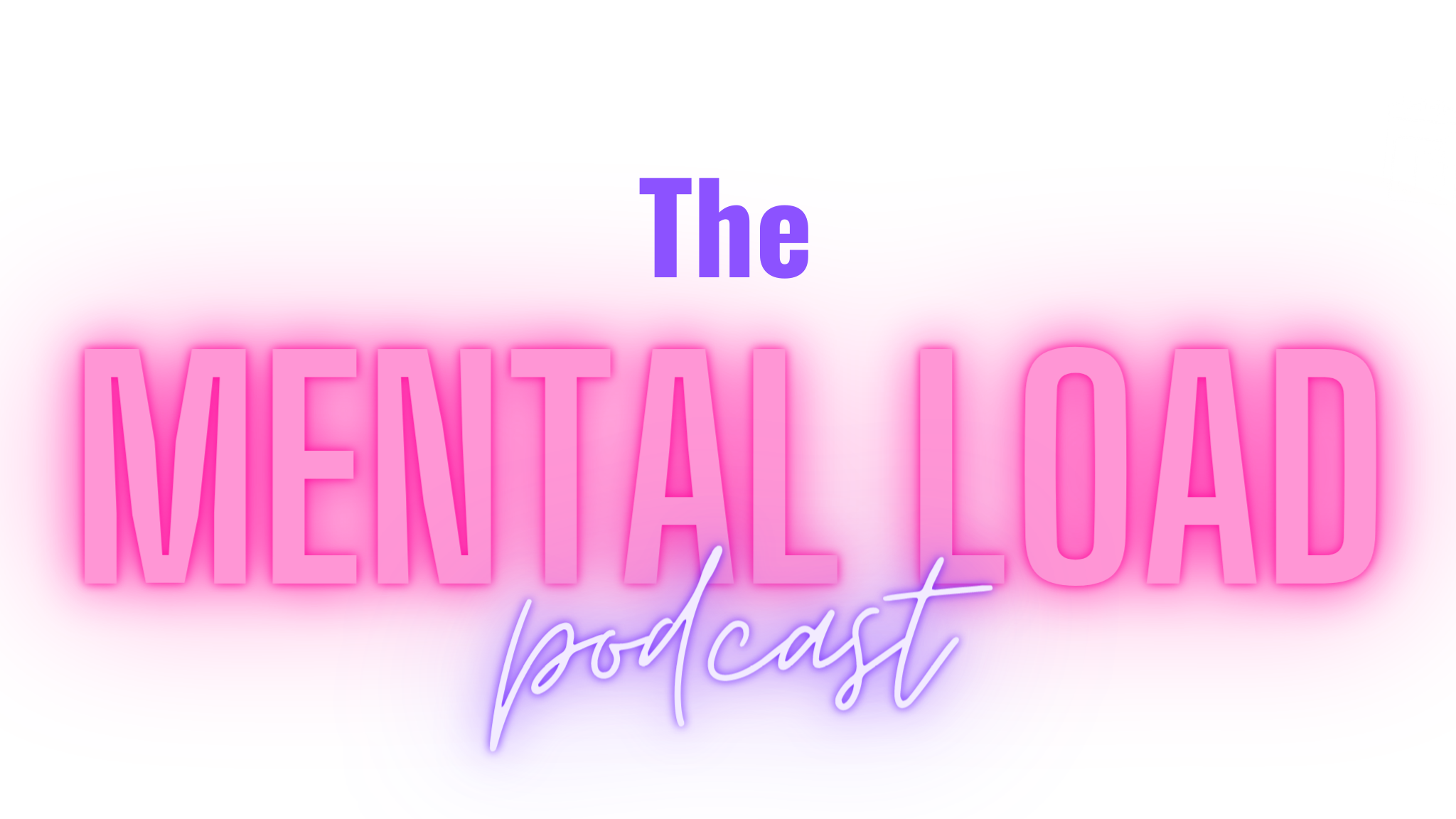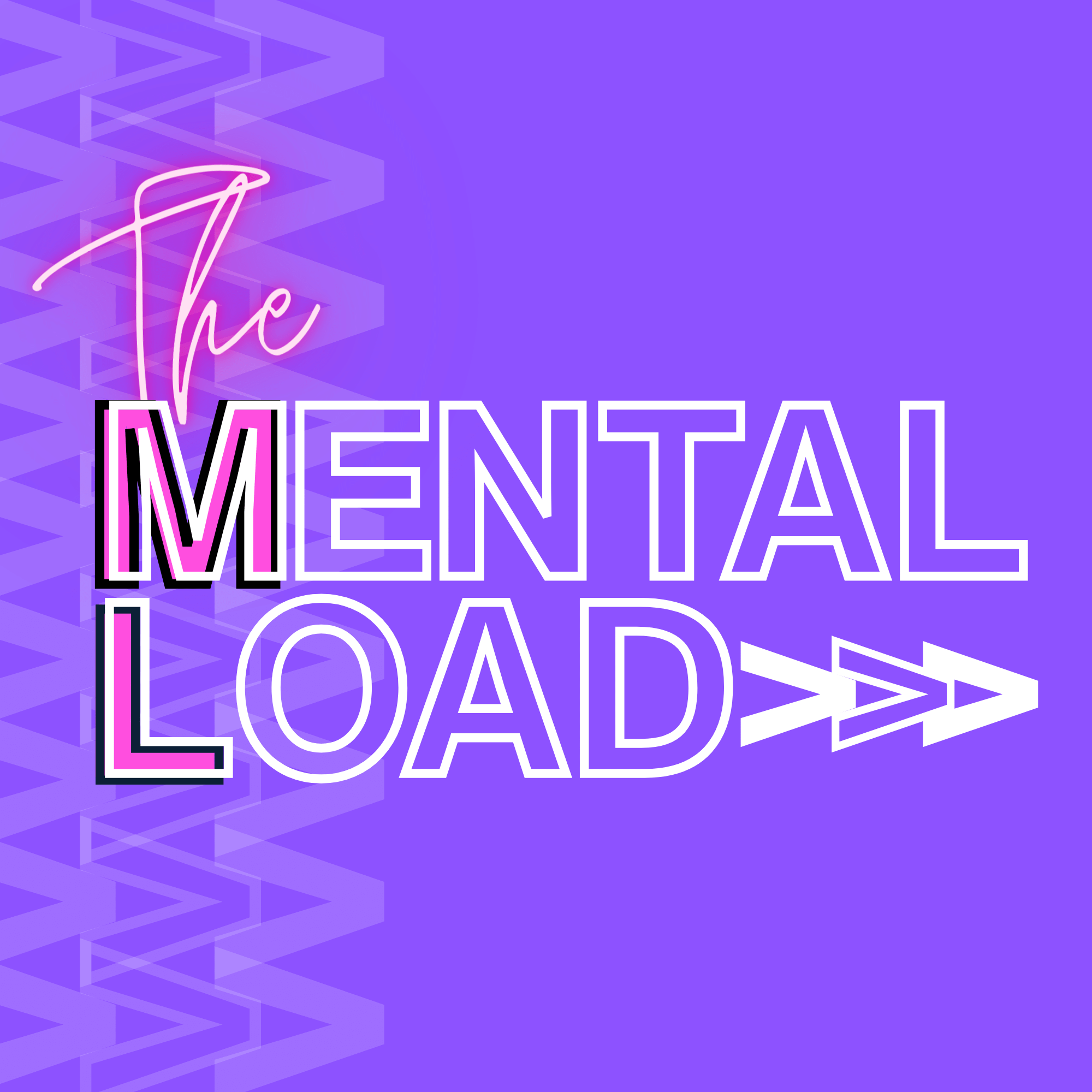What Other Countries are Getting Right
How do countries outside America support families and therefore lighten the mental load?
What do nordic countries do to support families:
- Baby boxes with important newborn items to set families up for success
- Paid parental leave
- In Norway, parental leave is paid at full pay for the first 44 weeks or at 80% if parents opt to take 54 weeks. To encourage both parents to play their part, fathers must take at least six weeks' parental leave or risk the family losing payments for the same period.
- Free universal childcare from 18 mo - 7 years
- Capped childcare costs
- Strong gender equality in the workforce:
- Gender quotas legislate for a 40% female presence in the country’s parliament and on business boards, resulting in a strong female presence – Norway’s prime minister, minister of finance and minister of foreign affairs are all female, while women make up 41% of the C-suite.
What happened to America?
"Ronald Reagan: by 1980 the Moral Majority, the main Evangelical lobby, had almost half a million members (Diamond 174).2 These new activists had three priorities, and they were directly related to the sexual revolution of the 1960s and the issue of women’s rights: the denunciation of homosexuality, the fight against abortion (which was famously declared constitutional by the Supreme Court with its Roe v. Wade decision in 1973), and the rejection of the ERA (the Equal Rights Amendment) (Martin 162-166, 193-194). In the late 1970s, Ronald Reagan quickly understood the incredible electoral potential of the Christian Right."
These policies all hold women back economically by making childcare unaffordable (which means we have to puzzle piece it together).
Once covid hit, moms were spending five hours a day more on chores than men
Hit women of color especially hard bc there are stricter gender norms
When we’re faced with this onslaught of policies that harm more than they help, we decide to leave the workforce.
The nation loses a major economic factor:
- Household earnings therefore spending go down
- Companies lose more workers and therefore innovation
Why don’t we view it as economically beneficial to support families?
America’s lack of family support rests on a false assumption: that providing help discourages parents from taking responsibility for their children.
And while other wealthy countries spend an average of $14,000each year per child on early-childhood care, the U.S. spends a miserly $500. Underlying each of these bleak truths appears to be the same, misguided belief: that government support for parents is at odds with parents being responsible for their kids.
Helping parents is not the same as parenting, and support does not replace real-life parents.
Why do we think tough love is good for families as policy?
- Treating parenting with punitive punishment
What are the good things to come from supporting families and why should we care?
We know that in countries with greater gender inequality just closing the gap in women’s labor force participation could increase economic output by an average of 35 percent.
- New Mexico used $77 million in American Rescue Plan Act dollars to create the Competitive Pay for Professionals (CPP) program to fund $3/hour pay increases for an estimated 16,000 child care staff.37
- Iowa used $30 million to provide $1,000 and $2,000 Recruitment and Retention Bonuses to individual child care workers. Child care staff could apply for a bonus every 6 months until funding runs out.38
- Maine used American Rescue Plan Act dollars to provide $200 monthly stipends to 7,000 early childhood educators39 and has since invested additional state funding to make the salary supplements permanent.40
- In Norway, the expansion of universal childcare increased the likelihood of mothers’ employment by 32 percentage points.
- IMF analysis shows that a greater presence of women in financial institutions and financial policymaking goes hand in hand with greater financial resilience.
- What do we know about supporting families?
- We know that higher quality childcare creates better economic outcomes for children.
- In lower-income and communities of color, this helps to break a cycle of generational poverty.
- Supporting families decreases level of incarceration.
- Decreases healthcare costs because as adults they’re healthier.
- Helps fill jobs today and prepare children for jobs in the future
Why don’t we view supporting families as economically good?
How does this mentality prevent families from having an equal household?
-political talking points
- weaponization of families for political gain
Join us on YouTube
Mentioned in this episode:
Joy School Affiliate Link
https://thepathtojoy.thrivecart.com/melissa-blooms-joy-school/partner/





